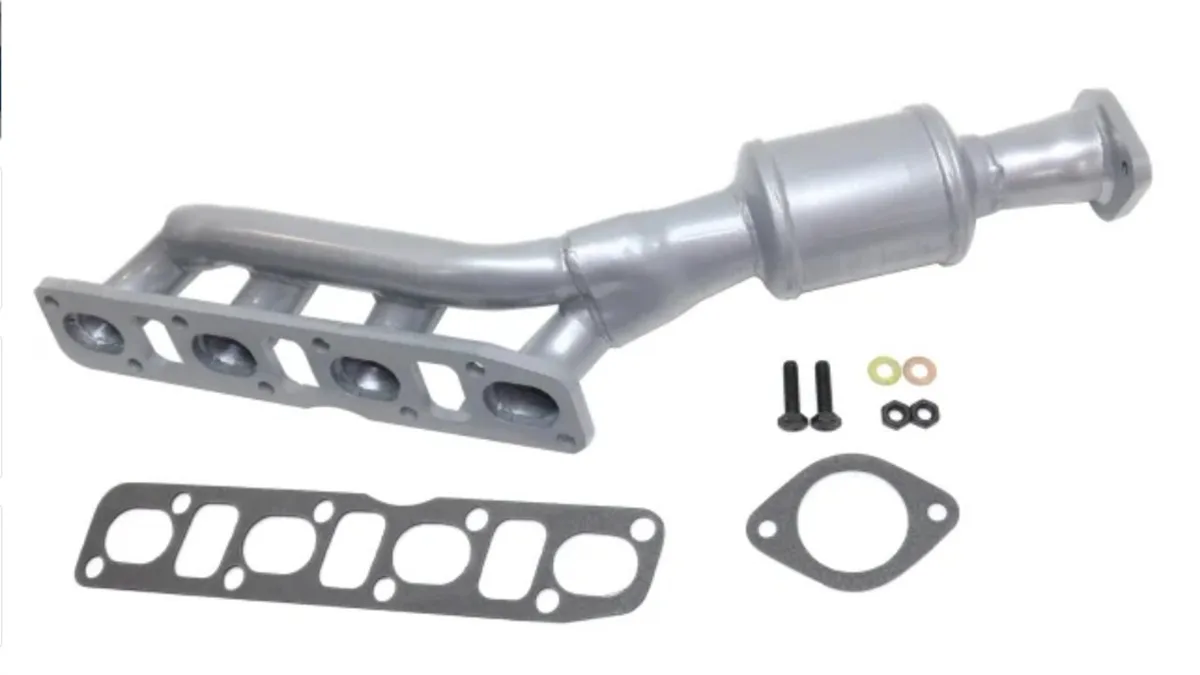
The scrap price of used Nissan catalytic converters has garnered substantial attention in the automotive recycling industry. Understanding the determinants of their value and the influencing factors is paramount for both sellers and recyclers seeking to navigate this market.
Factors Influencing Scrap Value
1. Precious Metal Composition
The scrap price of a used Nissan catalytic converter heavily relies on the composition of precious metals embedded within. Metals like platinum, palladium, and rhodium, crucial for emission reduction, significantly contribute to the converter’s overall worth.
2. Condition and Model of the Converter
The age, condition, and specific model of the converter play a crucial role in determining its scrap value. Newer models or those in better condition often contain higher concentrations of recoverable precious metals, elevating their scrap worth.
3. Market Demand and Pricing Trends
Fluctuations in the demand and pricing trends of precious metals in the global market directly impact the scrap value of used Nissan catalytic converters. Dynamic factors like emission regulations and shifts in the automotive industry influence these trends.
Evaluating the Scrap Value of Used Nissan Catalytic Converters
Methods of Assessment
- Accurate Identification: Properly identifying the converter model and assessing its condition aids in estimating its scrap value accurately.
- Pricing Estimation: Utilizing various platforms, including online valuation tools and assessments from scrap yards or professional appraisers, helps gauge the current market value.
Selling Used Nissan Catalytic Converters: Considerations and Best Practices
Factors to Consider Before Selling
- Reputable Buyers: Engaging with credible and authorized buyers ensures fair transactions and minimizes the risk of scams or undervaluation.
- Adherence to Legal Procedures: Complying with legal documentation processes and ensuring transparent ownership transfer during the sale is crucial.
Selling Process
- Market Research: Seeking multiple quotes from different buyers helps sellers understand the market value and make informed decisions.
- Transparent Transactions: Ensuring transparency in pricing and processes fosters fair dealings between buyers and sellers.
Environmental Impact of Recycling Nissan Catalytic Converters
The recycling of used Nissan catalytic converters significantly contributes to environmental conservation. By recycling these converters, valuable metals are repurposed, reducing the need for environmentally taxing mining practices and promoting resource conservation.
Conclusion: Insight into Sustainability Through Recycling
Understanding the scrap price of used Nissan catalytic converters is pivotal in navigating the automotive recycling market. Assessing their composition, model, and market trends helps sellers and recyclers make informed decisions, fostering fair transactions and sustainable practices.
Determining the scrap value involves a comprehensive assessment of the converter’s composition and current market trends. Engaging with credible buyers, comprehending the selling process, and ensuring legal compliance contribute to a fair exchange and promote a greener, more sustainable automotive industry. Recycling these converters isn’t solely about their scrap value; it’s a significant step towards a more environmentally conscious future.

